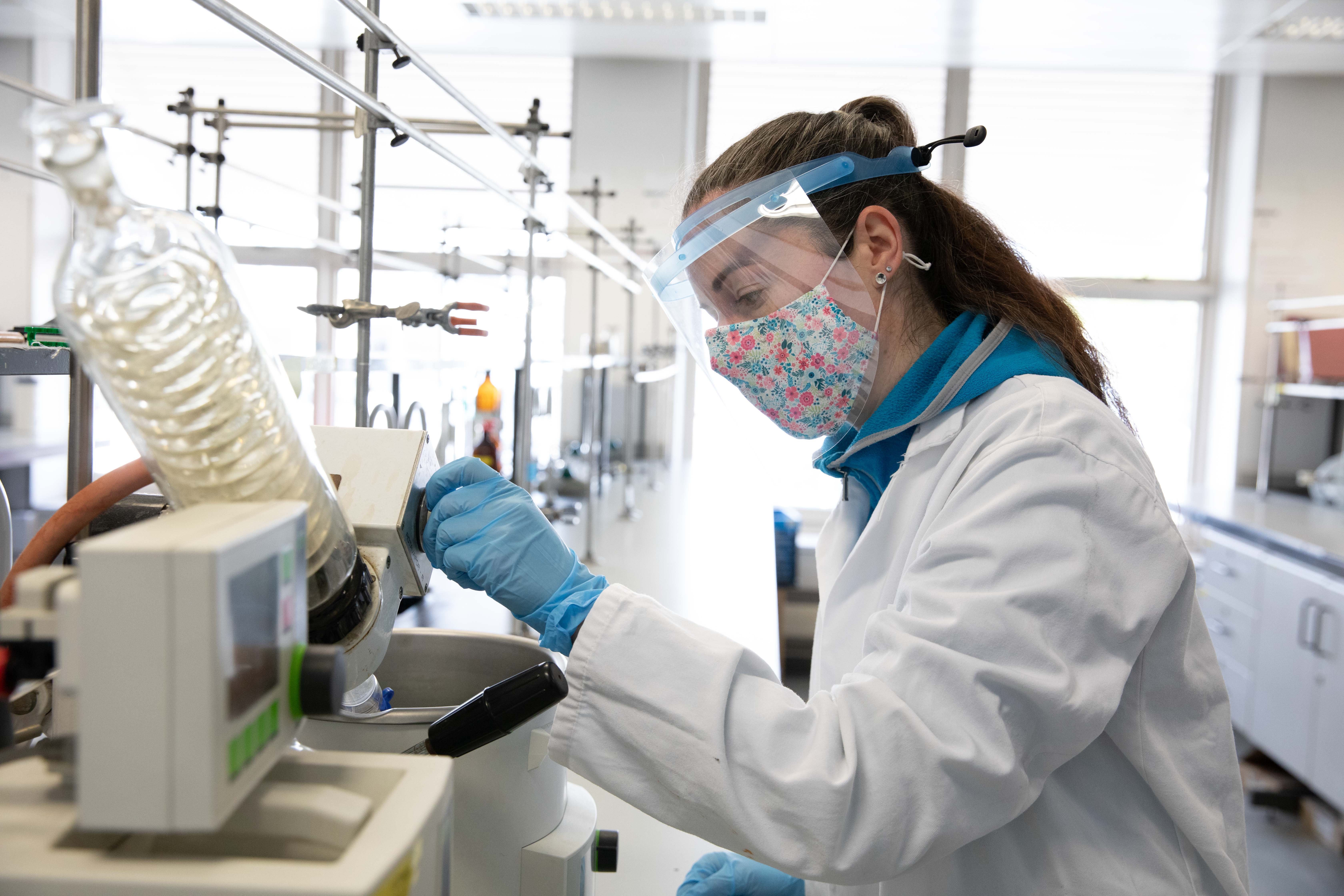Diploma in pharmacy in USA
In the United States, the traditional route to becoming a pharmacist involves completing a Doctor of Pharmacy (Pharm.D.) program, which typically requires a minimum of six years of post-secondary education. However, there are alternative pathways for individuals interested in pursuing a career in pharmacy, including diploma programs and certification courses.
While diploma programs specifically labeled as “Diploma in Pharmacy” may not be as common in the United States compared to other countries, there are various educational pathways and certifications available for pharmacy technicians and assistants, which can provide foundational knowledge and skills in pharmacy practice. These programs are typically offered by vocational schools, community colleges, and online education providers.
Here are some options for individuals interested in pursuing a career in pharmacy in the United States:
- Pharmacy Technician Programs: Pharmacy technician programs are available at many vocational schools, community colleges, and online institutions. These programs provide training in pharmacy practice, medication dispensing, pharmaceutical calculations, pharmacy law, and other essential skills needed to work as a pharmacy technician. Graduates of these programs can pursue entry-level positions as pharmacy technicians in retail pharmacies, hospitals, and other healthcare settings.
- Certification Programs: Pharmacy technician certification programs prepare students to take the Pharmacy Technician Certification Exam (PTCE) or the Exam for the Certification of Pharmacy Technicians (ExCPT), which are required for pharmacy technician licensure or certification in most states. These programs typically include classroom instruction, laboratory training, and preparation for the certification exam.
- On-the-Job Training: Some pharmacy technicians receive training through on-the-job training programs offered by employers, such as retail pharmacy chains or hospitals. These programs provide hands-on experience in pharmacy practice under the supervision of licensed pharmacists and experienced pharmacy technicians.
- Continuing Education: Pharmacy technicians and assistants can also pursue continuing education courses and workshops to stay updated on new developments in pharmacy practice, regulations, and technology. Continuing education credits may be required for maintaining licensure or certification in some states.
It’s important for individuals interested in pursuing a career in pharmacy in the United States to research the specific requirements and regulations for pharmacy technicians and assistants in their state. Each state has its own requirements for pharmacy technician licensure or certification, and individuals must meet these requirements to practice legally in the field. Additionally, individuals considering diploma programs or certification courses should ensure that the program is accredited and recognized by relevant regulatory bodies and employers in the pharmacy profession.

